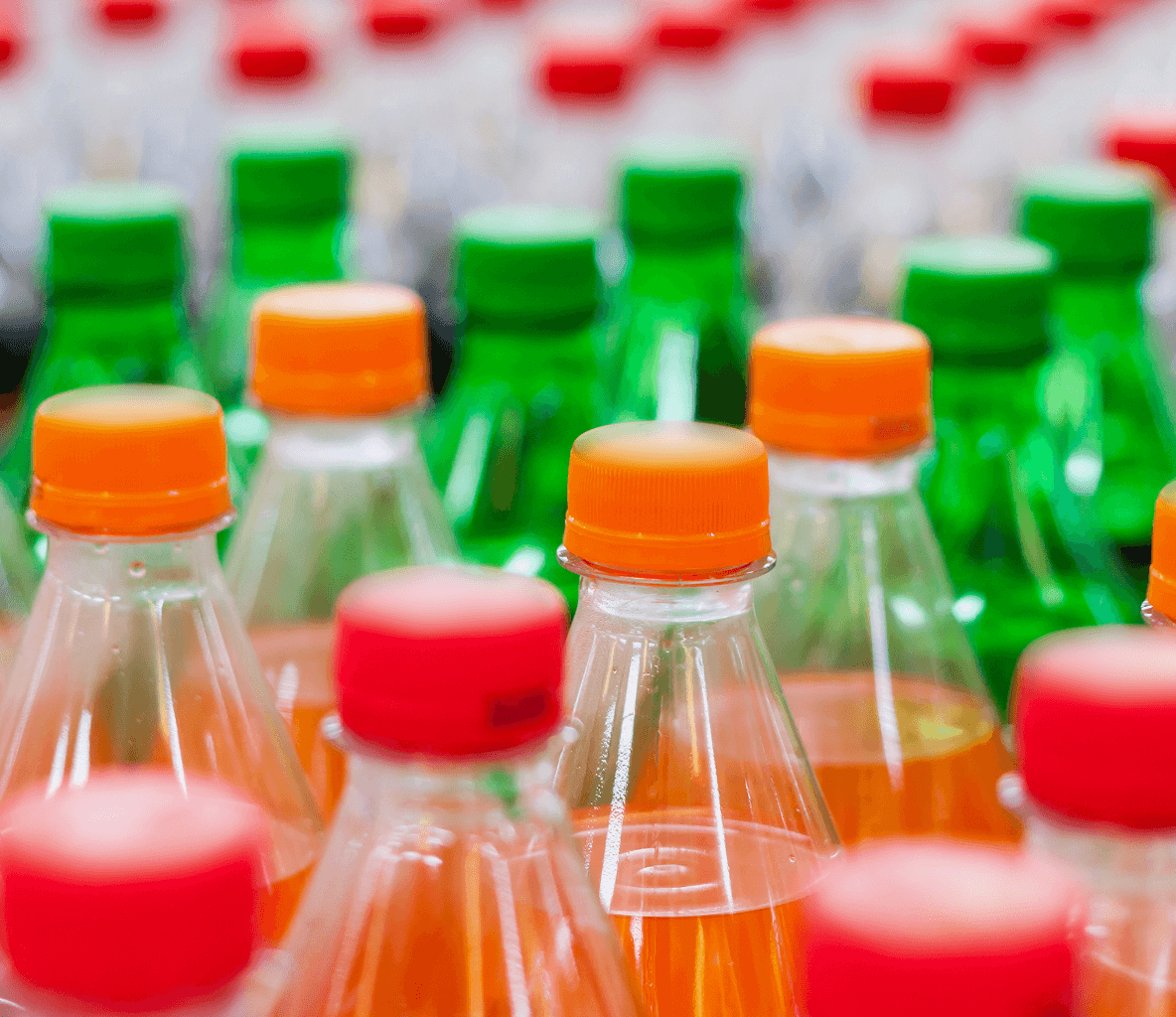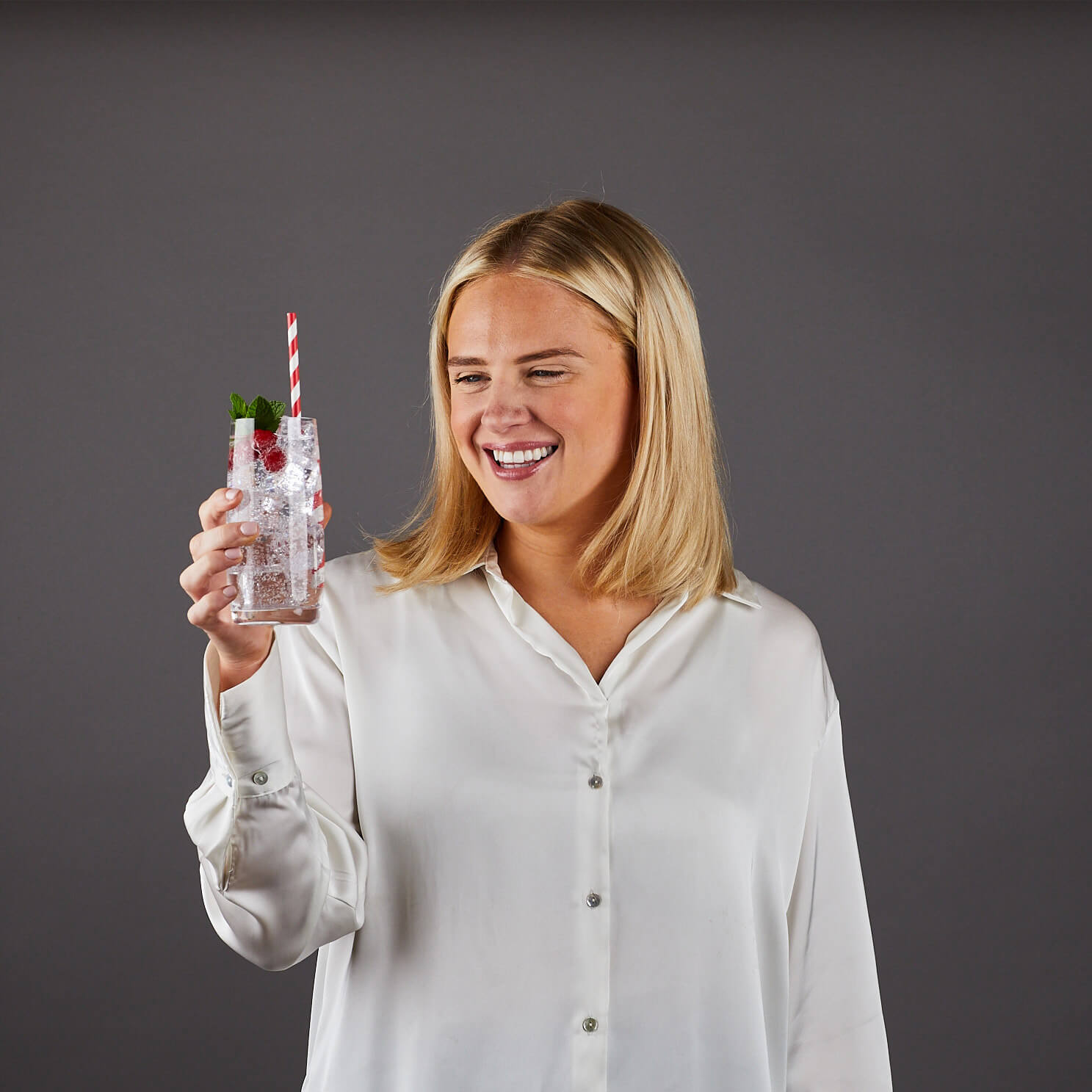5 ways soft drinks brands can adopt a sustainable approach
Posted in Sustainability
UNICEF estimates that 884 million people worldwide lack access to safe drinking water, and 1.8 billion people are expected to be living in countries or regions with absolute water scarcity by 2025.
Soft drinks producers and other major beverage corporations therefore recognise the need to conserve water by implementing more efficient production methods and the pressure is on for them to demonstrate their social and environmental credentials. More brands are finding ways to transform through sustainability-focused products, services and experiences.
Here are 5 ways in which a sustainable approach can lead to growth within the beverage industry.
1. Water
The most palpable way in which a beverage company can become more sustainable is through their consideration of the environment throughout the manufacturing process.
Water is not only used as the core ingredient in all soft drinks, but is also an integral part of the production process. With water scarcity at the forefront of sustainability issues surrounding the beverage industry, manufacturers have a responsibility to contribute to the effective management of water as a finite source. Organisations such as the Beverage Industry Environmental Roundtable (BIER) were established to advance the sectors’ sustainability efforts. But how exactly is the beverage industry reacting to water scarcity?
According to the New England Water Innovation Network (NEWIN), it takes up to 170 litres of water to make up just half a litre of soda. The majority of this water wastage comes from cleaning products and manufacturing equipment. It is this cleaning process that has come under the microscope with wastewater management. This entails reusing water multiple times in the cleaning process.
It is estimated that the major beverage manufacturers have invested around $84million in the last three years to water efficiency and sustainability. By retaining CO2 in the liquid, CO2Sustain® reduces excess foaming during the bottling process. That means less overspill and wastage, as there’s little or no need to wash excess foam from the bottles.
2. Supply Chain
People and communities are a key part of ensuring a sustainable future. Using ingredients that are fairly sourced, and a workforce that is ethically treated, is important to ensuring that you are not having a negative impact on the social environment.
There has been a call for transparency across the global beverage industry in order to better identify the origins and presence of ingredients in soft drinks, as is already seen across the food industry. Consumers do not tend to question whether the acacia gum or sugar in their drink is ethically sourced, as they would tend to think with food products such as chocolate or exotic fruit. This makes it easier for the supply chain to remain hidden, with many major beverage companies not even buying ingredients directly from the source.
In order to create a sustainable future in the beverage industry, this transparency in the supply chain should be addressed in order to improve conditions of suppliers in developing countries.
3. Energy Consumption
Masses of energy and fossil fuels are consumed in the beverage industry each year with the manufacturing of not only soft drinks, but also the packaging, refrigeration and transportation of these products. According to Entrepreneur, the industry uses 20 million barrels of oil each year just in the manufacture of plastic bottles. Imagine how the slightest change in the way you package could impact on this number. The beauty of CO2Sustain® is that because it solubilises CO2 more effectively during the filling and manufacturing process, you could use thinner plastic for your packaging, thus reducing the amount of waste going to landfill and the pollution associated with it.
Refrigeration and cool rooms are the most energy-consuming activities of the manufacturing process, mainly due to the fact that many manufacturers have to cool the product before they bottle it. Because CO2Sustain® works just as well when the liquid rises to ambient temperature after filling and during storage, you could save energy on chilling during the process.
There has been major investment in this area in recent years with Pepsi recently making the top 25 on the US Environmental Protection Agency (EPA) List of Green Power Purchasers.
4. Stakeholder Engagement
The main principle of stakeholder engagement is to communicate with the people that are in anyway involved or affected by your business’s decisions. For larger companies, it is vital that there is a dialogue regarding sustainability with employers, investors and the local communities. There has been a huge shift in major companies redirecting down the shared value route. More and more people are starting to see the value in this type of stakeholder engagement as companies find ways to combine economic value whilst also benefiting society.
Stakeholder engagement can come in many forms. Readdressing the relationship you have with suppliers that will have a positive impact on communities is just one way you can improve stakeholder engagement from a community perspective. Also, communicating with employees effectively in order to make internal sustainable changes, and looking for more sustainable solutions to manufacturing can also form part of your stakeholder engagement strategy.
Adopting a successful stakeholder engagement strategy will see your brand lead the way for innovation and development.
5. Manufacturing
There are many opportunities to increase sustainability within the manufacturing process. This doesn’t have to have an impact on profitability; on the contrary it can often lead to an increase in efficiency and add to your bottom line. Sustainability in the manufacturing process is worth the short term investment.
According to the Australian Industry Group, the most energy consuming production aspects in the beverage industry is refrigeration, cool rooms, air conditioning, bottling lines and conveyors. By targeting these activities we are able to make a huge impact on the sustainability, productivity and expense of the manufacturing process.
Using just one simple processing aid, CO2Sustain® does all of this and more. You can expect to see filling speeds in bottling increase by up to 25%, leading to better and more consistent filling, increased yields and fewer rejects. The energy used on refrigeration and cooling can be drastically reduced with CO2Sustain® which is just as effective in ambient liquid temperatures of up to 18°C.
Final Thoughts
There are so many initiatives you can consider in order to become more sustainable, and these decisions don’t have to be costly or cause great upheaval. CO2Sustain® covers a lot of issues faced by the beverage industry in the form of one simple processing aid. Increasing filling times and yield per bottling run, reducing the need for washing bottles and allowing you to use less plastic in packaging.
It is alarming to think that by 2025 1 in 7 people in the world will be living in countries or regions with absolute water scarcity. This highlights the urgency in which we need to act. Now more than ever it is time to think about the future, and by ensuring that we adopt a sustainable approach we can help secure the world’s resources for future generations.
Resources
Entrepreneur: In Beverage Industry, Sustainability Sells
US Environmental Protection Agency (EPA): List Of Green Power Purchasers
Australian Industry Group: Saving energy in the beverage manufacturing industry




